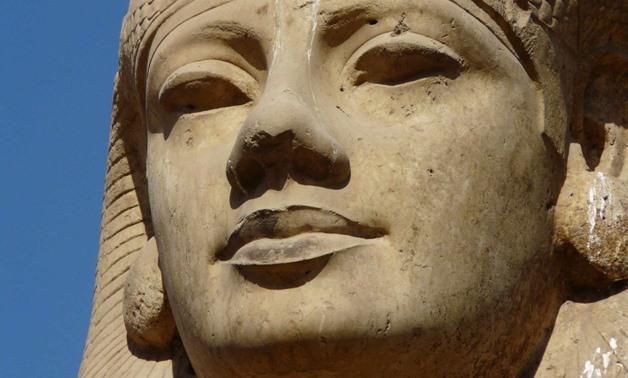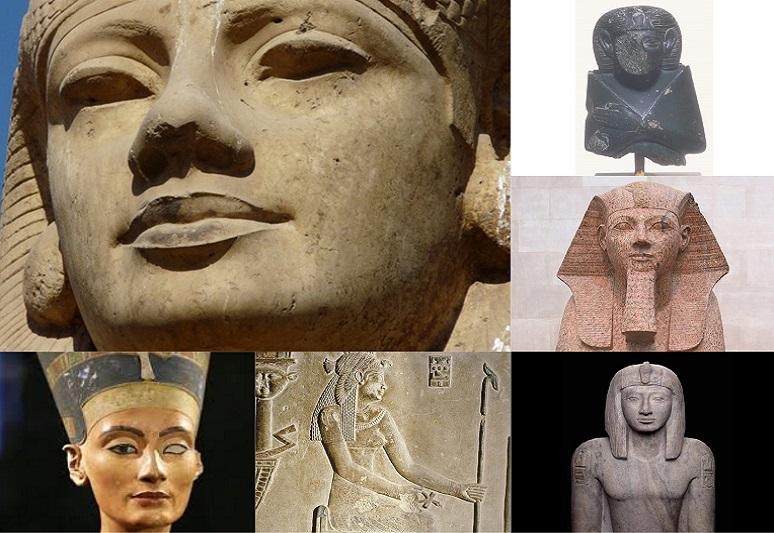Egypt has a great history full of impressive and skillful rulers. Living in a male-dominated world, the powerful women who ruled ancient Egypt were extraordinary and powerful of their time. MerNeith, Sobekneferu, Nefertiti, Hatshepsut, Twosret, and Cleopatra VII Philapator were among the few women of antiquity who ruled over Egypt’s rich history.
What’s more, this list is about female Egyptian rulers who had a significant influence not only politically and militarily but also on famous culture. Calling them, the top 5 “powerful” female rulers does not necessarily mean that they were good people, but rather people who had a great, as in huge, even in some cases terrible, influence on Egyptian history.
Top 5 most powerful female rulers and queen of Egypt
1. MerNeith – Reign ca. 2970 BC (1st Dynasty)

Historical records show that MerNeith was Queen Consort and regent, but she may have been a female ruler and queen in her own right for some time. Her tomb is very similar to that of the Egyptian kings of the 1st Dynasty and reflects the many honors bestowed upon them, including a large underground chamber, graves for servants, sacrifices, and a solar boat.
In the list of early Pharaohs discovered in MerNeith’s son’s tomb, her name is included. However, next to her name on that seal is the title “King’s mother”. If she does rule in her way, MerNeith will become the first female Pharaoh and regnant queen in history.
2. Sobekneferu – Reign 1806–1802 B.C. (12th Dynasty)
After the death of his brother Amenemhat IV in the 12th Dynasty, Sobekneferu was the last ruler. More than five other women are thought to have ruled Egypt as pharaohs before Sobekneferu, but she is the first to be confirmed by the proof.
3. Nefertiti – Reign 1353-1336 B.C. (18th Dynasty)
Nefertiti, the wife of Pharaoh Akhenaten, is among the most famous female pharaohs of ancient Egypt. She is one of the few pharaohs to appear as one of the renowned ‘history teacher’ songs used by various teachers and often appears on jewelry and even currency.
However, Nefertiti and her husband’s historical claim to fame stems from the religious revolution they made with their emphasis on the monotheistic worship of the solar disc, Aten. She may even have ruled in her own right as Neferneferuaten after her husband’s death. Until the rise of Tutankhamun, probably Egypt’s most famous Pharaoh, whose historical significance stems from Nefertiti’s monotheism’s abandonment.
4. Hatshepsut – Reign c. 1478-1458 B.C. (18th Dynasty)
Hatshepsut means “foremost of the noble ladies”, and she stands alongside Nefertiti and Cleopatra as the three most important queens of Egypt. She reigned longer than any female ruler in Egypt and laid the foundations for a prosperous Egyptian state, which her co-ruler and successor Thutmose III inherited.
Her reign included military successes and building projects that provided Thutmose III with a stable and prosperous state for his more famous campaigns.
+ Twosret – Reign 1191–1189 B.C. (19th Dynasty)
She was the last well-known Pharaoh of the 19th Dynasty. In the beginning she was the second wife of Seti II and regent of his successor Siptah. When Siptah died, Twosret took over the throne and officially proclaimed herself Pharaoh. It is uncertain whether her reign ended in civil war or as a result of her death, the conflict began.
5. Cleopatra VII – Reign 51-12 B.C. (Ptolemaic Queen of Egypt)
Cleopatra is the most potent Egyptian female ruler called “the Great” and an essential aspect of modern popular culture. Unlike the other women on this list, her descent from the Greco-Macedonian armies of Alexander the Great, who conquered Egypt from the Persian Empire, comes almost three centuries before her life.
Her personality and ambition are legendary. She was introduced to Julius Caesar by being rolled out of a carpet. She fascinated him so much that they had a son named Little Caesar. After the murder of Julius, she went with Mark Antony and appeared on coins as a goddess (“Thea”), while calling herself Nea Isis. But although she eventually failed and her death marked the end of the Pharaoh in Egypt, her intelligence and cunning in a male-dominated world remain remarkable.
